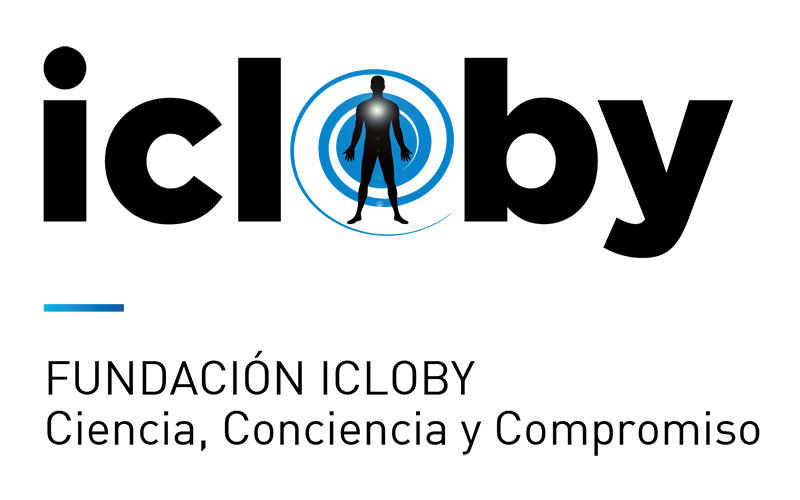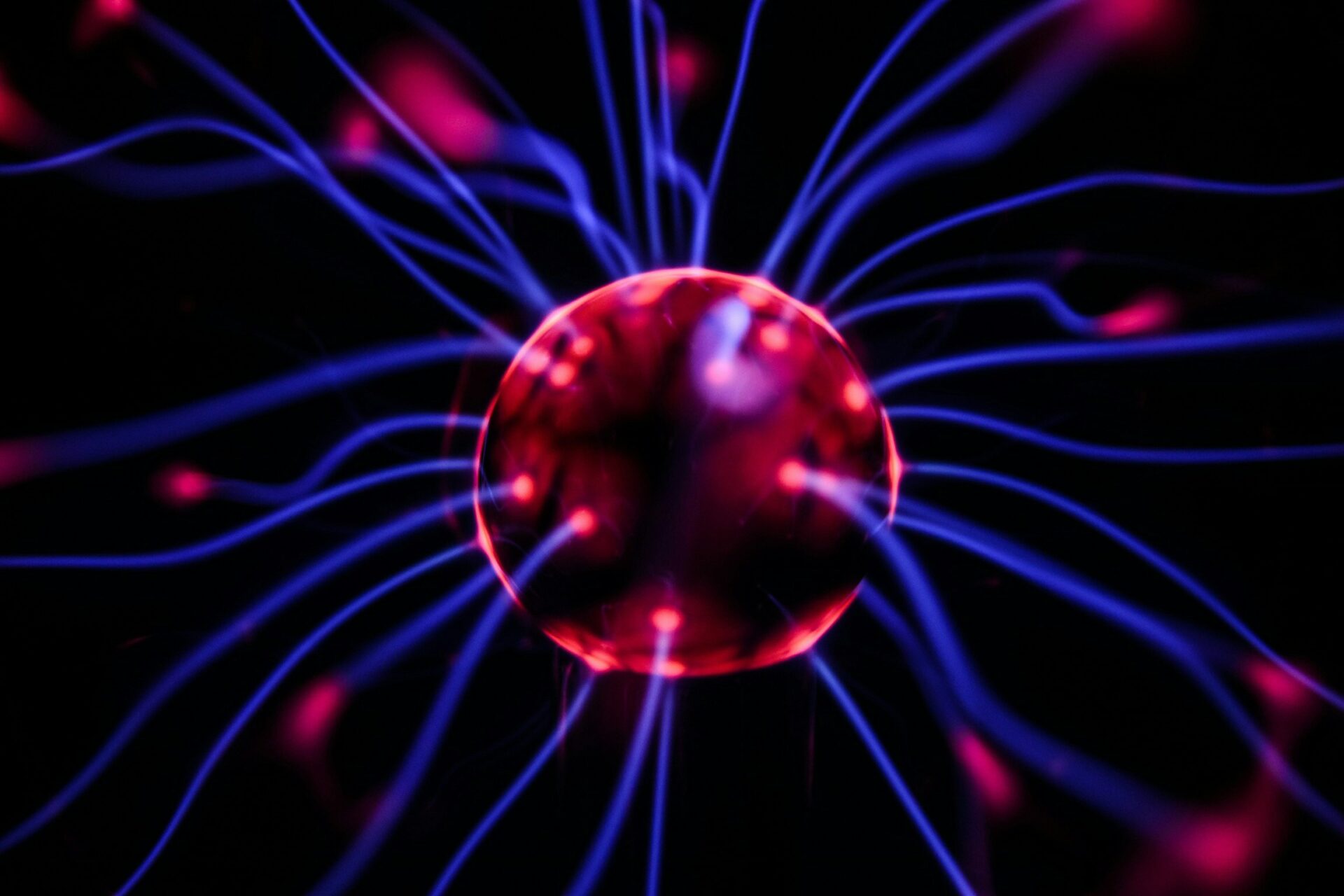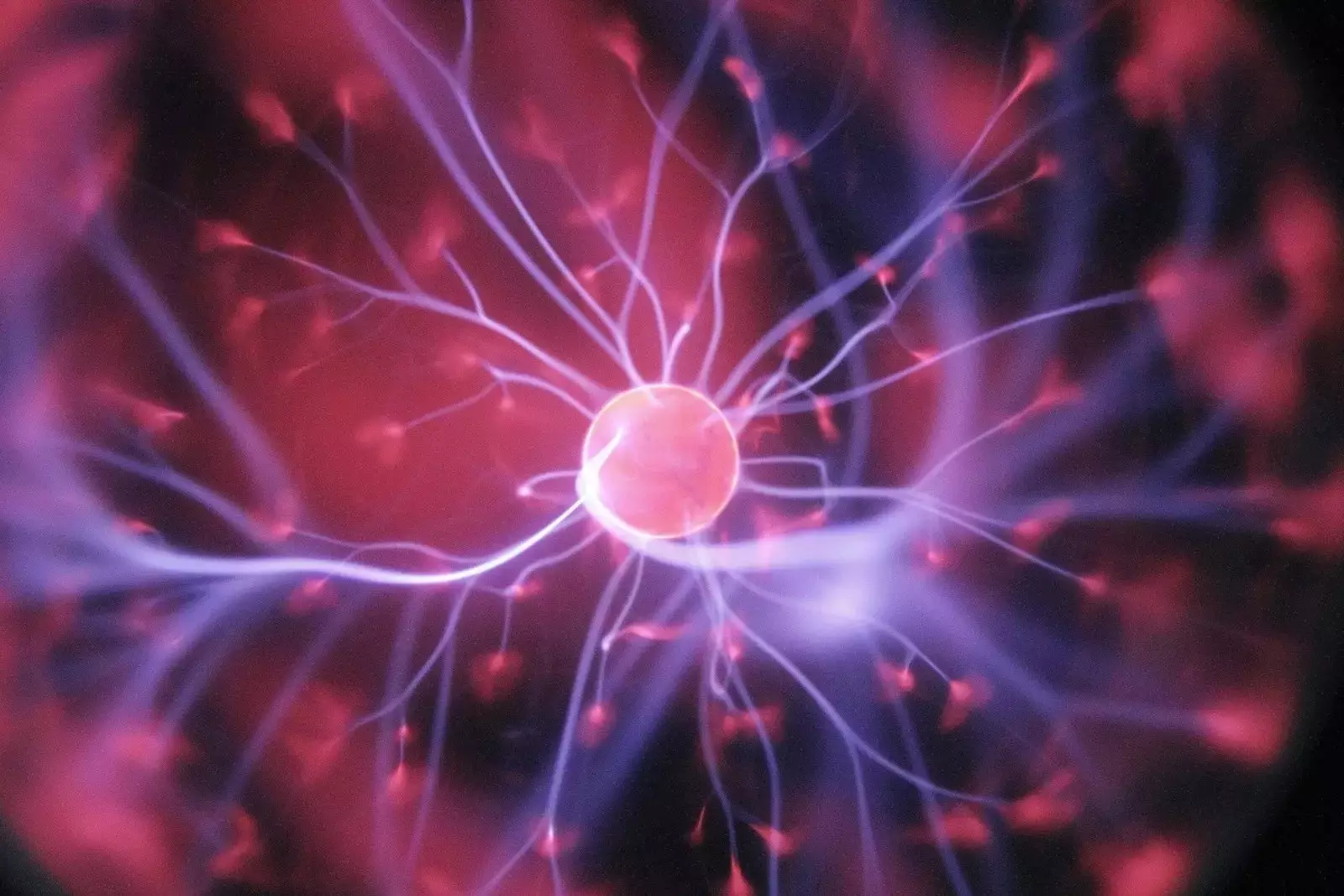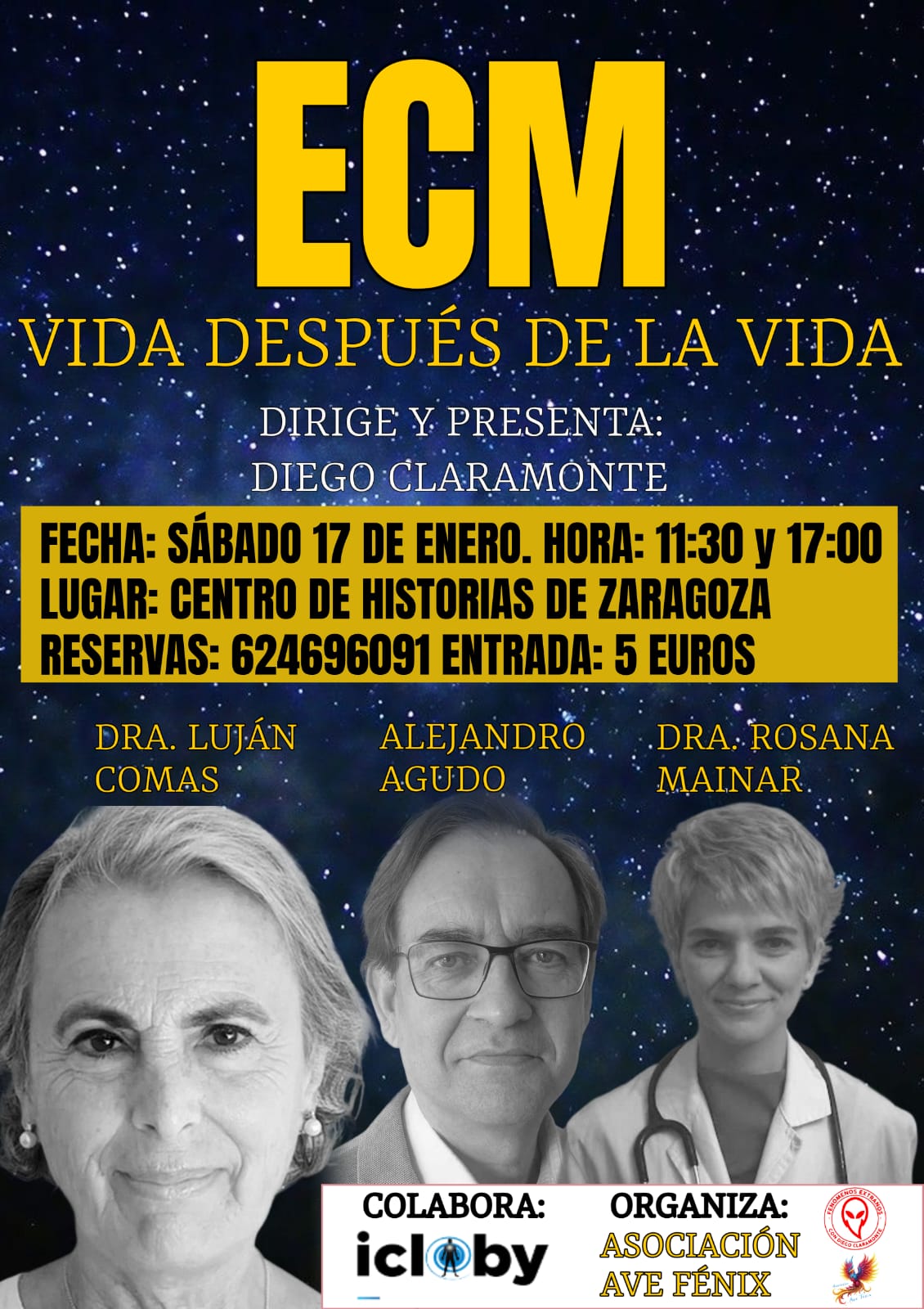Under the title “Stanford Neurologists Discover the Origin of Experiences We Have Before Dying,” this Spanish digital newspaper published the following article:
“A team of neurologists has found the unequivocal key that scientifically explains out-of-body experiences”
Out-of-body experiences have nothing to do with mysticism or spirituality.
A group of neurologists has uncovered the answer to one of the great mysteries that have occupied countless hours in programs dedicated to the occult, the unknown, and other nonsense of magical thinking: why do so many people swear they have seen themselves outside of their body during near-death experiences? As always, the answers to what we do not understand do not lie with mystics or their television tricksters, but with science
Dr. Joseph Parvizi, a professor of neurology at Stanford, began his investigation when a patient visited him experiencing this phenomenon, known as an out-of-body experience. This experience is not only encountered near death but also in other circumstances unrelated to souls ascending to heaven and astral travel, such as drug use or, in Dr. Parvizi's house, epilepsy.
What Have They Discovered?
In an interview with NPR, Parvizi explained how the patient’s sense of self suddenly changed, almost as if he were an observer of his own conversations. Additionally, he felt as if he were floating in space. These symptoms intrigued Parvizi, who thought the man’s seizures must be affecting an area of the brain called the medial parietal cortex (MPC).
According to Parvizi, the MPC helps create what is known as our “narrative self,” a sort of internal autobiography that helps define who we are. Parvizi explains that this part of the brain makes us aware of our location and our relationship with the space, objects, and people around us at all times.
From there, Parvizi’s team decided to conduct an experiment to see if they could recreate the symptoms of an out-of-body experience through electrical stimulation of the MPC. In their study, published in the prestigious peer-reviewed scientific journal Neuron, they concluded unequivocally that a person’s “physical self” is linked to a specific location in that special part of the brain, known as the precuneus.
According to Christophe Lopez, a researcher at the French National Center for Scientific Research who is not affiliated with the study, this discovery suggests that this may be how the brain labels our experiences in the environment as our own. Lopez also suggests that the process of this physical self is partly connected to the inner ear, which detects the body’s movement and position in space. Parvizi’s research, he asserts, provides evidence of this.
The Connection with Ketamine
But not only electrical stimulation can trigger out-of-body experiences; drugs like ketamine can also do so. As Patrick Purdon, a researcher at Harvard who has been studying the effects of ketamine on the brain, asserts, this substance acts similarly to electrical brain stimulation on the anterior precuneus.
Ketamine—used for decades as an anesthetic—is known to be “dissociative.” As Enzo Tagliazucchi, a neuroscientist studying psychedelic drugs, explained to Vice magazine, this substance “can generate a sense of detachment from the body and the self, and at higher doses, a complete dissociative experience that shares many characteristics with near-death experiences, such as the feeling of being outside the physical limits of the body and navigating through vast space, feelings of bliss and euphoria, moving toward a light, and the presence of an invisible and irreversible threshold.”
Implications and Future of the Research
In the case of death, as a study published in Frontiers explains, the body can generate a substance with similar effects called DMT (N,N-dimethyltryptamine)—an alkaloid found in many plants and living beings, including humans—that may trigger that sensation of an out-of-body journey and euphoria by affecting the anterior precuneus before embarking on the final journey into nothingness.
This discovery not only solves this mystery but also has significant implications for our understanding of human consciousness and how the brain processes experiences.





